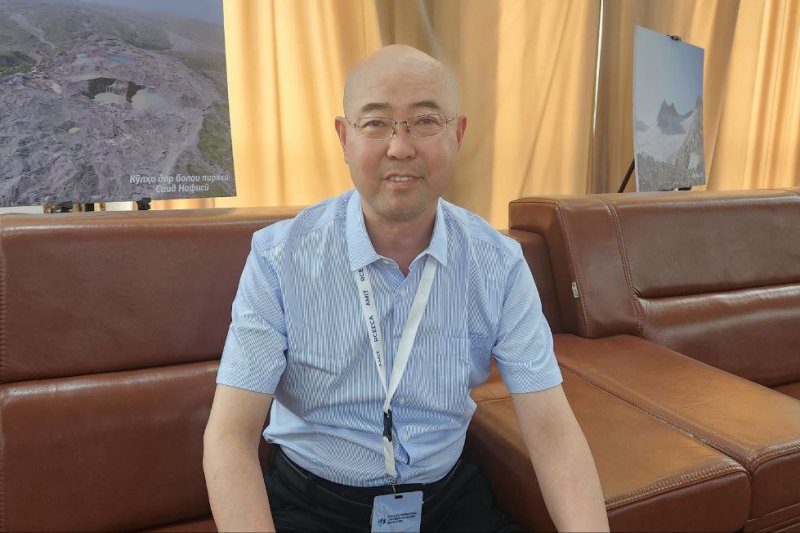There is a long-standing partnership between Tajikistan and China, which began in 2016 with the establishment of the Center for the Study of Agroecology and Environment in Central Asia. Professor of Botany at the Institute of Ecology and Geography of the Chinese Academy of Sciences, head of the Chinese-Tajik Joint Center for the Study of Ecology and Environment of Central Asia, located in Dushanbe, Li Yaoming, told NIAT Khovar about this.

According to the scientist, in 2018, the Chinese Academy of Sciences and the National Academy of Sciences of Tajikistan also launched a joint project "Water and Science". Over the years, many initiatives have been implemented aimed at preserving glaciers and biodiversity, rational use of water resources and protecting the environment.
"Global warming has had a particularly strong impact on Central Asia in recent years. The shrinking of glaciers is already a tangible reality not only for Tajikistan, but for the entire region, including China and the world. This leads to the threat of a water crisis for all the peoples of the region. Scientists and specialists not only from the region, but also from other countries in Europe and America have come to Dushanbe to solve this problem," Li Yaoming noted.
He stressed that protecting water resources, including glaciers, is a task that cannot be solved alone, and that efforts must be combined. According to forecasts, many small glaciers may disappear by mid-century. This will lead to serious consequences.
"Therefore, we need to act now – scientifically, coordinated and rationally. We cannot rely on random measures – we need scientific approaches and clear strategies," the Chinese scientist expressed his opinion, noting that thanks to the initiative of the President of the Republic of Tajikistan, the respected Emomali Rahmon, proposed at the UN level, it became possible to create a platform for international dialogue.





































